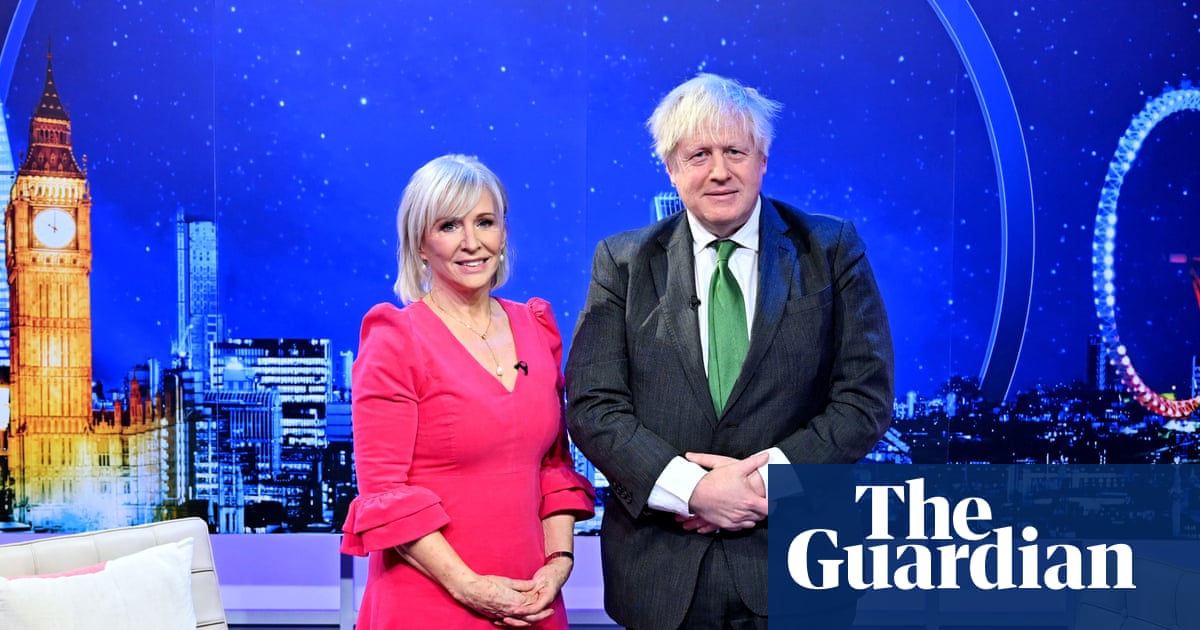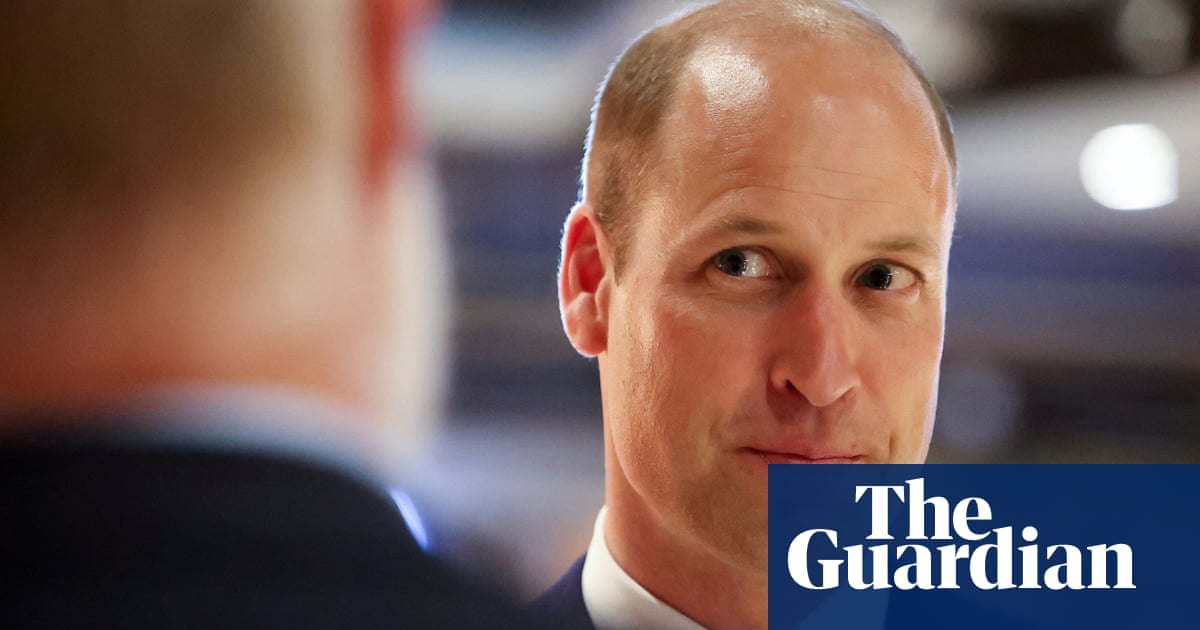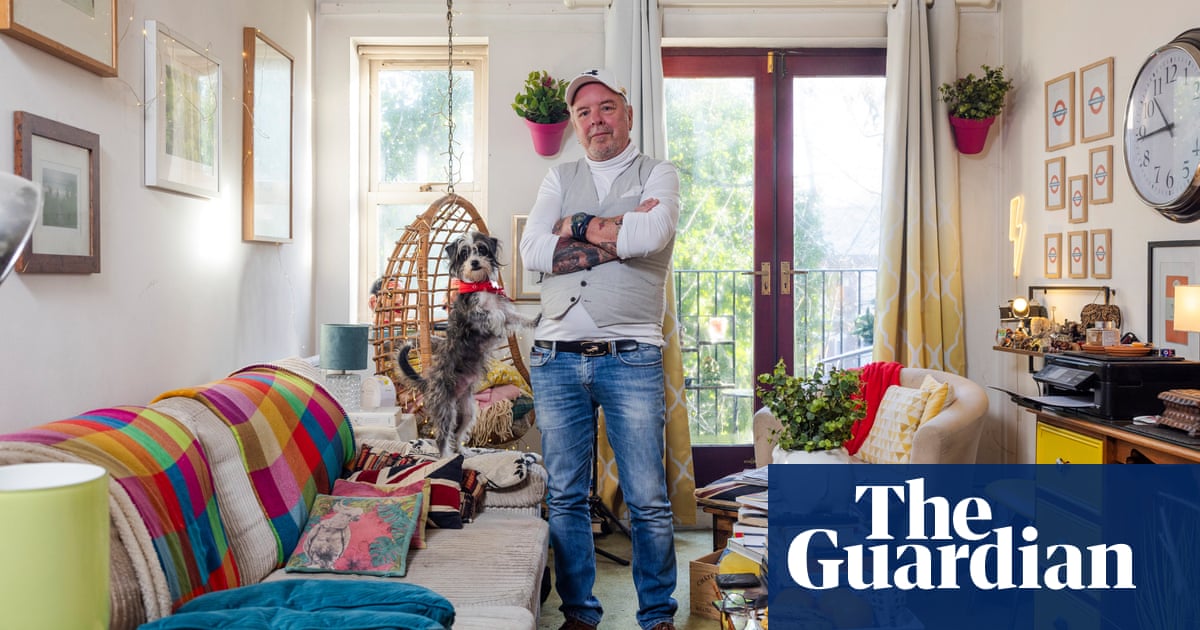
he day I found out I was to be awarded an MBE started like most other Mondays. I began work at 7.30am, facing an inbox with 48 new emails in it. These included everything from the bureaucratic – a funding application– to the worrying, several about a young man sleeping rough in a local park, for whom all attempts to offer support have thus far failed. Among them was an email from the Cabinet Office, requesting my acceptance or rejection of an MBE. I laughed at first. “It must be a hoax”, I thought. But when I read it again, I realised it was too official for that.
I forgot about the email for a while. The young man my colleagues were worried about and the funding application took precedence; and, as happens most days, it was 5pm before I looked up from my laptop. When I finally reread it, I felt a surge of embarrassment at first that quickly turned to frustration and finally settled into an all-too-familiar sadness. Yet again, the powers-that-be had missed the point.
I’ve worked in homelessness services for almost 18 years – in hostels, youth services, women’s projects and for local government and charities. I’ve celebrated jubilantly each time someone has secured stable housing, and I weep every time someone loses their life on the streets. I have never once stopped caring intensely about what I do, never stopped wanting to learn and do a better job, and never once stopped believing that people affected by homelessness deserve infinitely better than what I have been able to offer them.
Official statistics paint a picture of inequality and exclusion: rough sleeping has increased by at least 52% since 2010, and premature deaths affecting those same people have increased by 61% since 2013. That these trends coincide with the onset of austerity and its impact on working-class and disabled people is no coincidence.
We also know that around 50% of people who find themselves newly on the streets in London are non-UK nationals, and that up to 24% of homeless young people are LGBTQ+. If you’re vulnerable and marginalised in this country, the chances you will become homeless are higher. The fact that this inequality stems from the continuing legacy of the British empire and its brutal impacts on black, brown and LGBTQ+ people made accepting an MBE impossible. A potent example of this legacy is the Windrush scandal, which pushed people who have lived, worked and raised families in my borough for decades into homelessness and poverty in an instant.
Another example is the effect of our border regime on LGBTQ+ people seeking asylum on the grounds of violent repression and abuse in the country they were born. In the last year alone, we’ve supported numerous queer people who are rough sleeping to avoid deportation and the certainty of violence in immigration detention centres. The homophobic and transphobic laws in their countries of origin were originally implemented under British rule, showing how the legacy of empire asserts itself today. That trans people face some of the worst violence and abuse on our streets only adds insult to historical injury. As a queer person, how could I accept an award from the same institutions that fail to protect the LGBTQ+ community from the violent and repressive laws Britain has left littered across the globe?
The truth is, my job shouldn’t exist. Despite working 50-plus hours a week every week for nearly two decades, my efforts – and those of thousands of other dedicated practitioners and volunteers – have had almost no tangible positive effect on homelessness in this country. In the world I want to live in, housing is a right not a privilege. I imagine some people reading this will say that I’m an idealist, or that doing this would come at a cost the British economy simply can’t afford.
But anyone who has worked in homelessness during the Covid-19 pandemic will know this just isn’t the case. The Ministry of Housing, Communities and Local Government has invested more than £105m into providing accommodation and support for people affected by homelessness in the last 15 months. In my borough alone, this vital funding, and the contribution from our own limited resources, have enabled us to provide accommodation, food and specialist support to more than 1,100 additional people since the start of the pandemic. The money is available to end homelessness if there is the political will to do so.
The good work that I am being celebrated for has largely been in spite of the state, rather than in service to it. It was humbling for me to learn that my peers and colleagues wanted my work to be recognised at a national level, but for me the honour is in my community. I feel incredibly fortunate to live and work in a borough that has been one of the boldest and most vocal in our commitment to protect people affected by homelessness, and to tackle the harm done by currrent policy. Any successes have been achieved because of the strong relationships between grassroots organisations, charities and people with experience of homelessness.
The last 15 months have been some of the toughest many of us have lived through, hammering home the effects of social injustice in this country, not least for those with nowhere to live. But through it all, we have also had an opportunity to see another way: homelessness can be ended for everyone; we can do away with arbitrary eligibility criteria that keep people on the streets for years; we can abolish no recourse to public funds conditions, and we can ensure rapid, free and equitable access to healthcare for everyone. That would be the only honour I will ever need.
Gill Taylor is strategic lead for homelessness and rough sleeping for a north London borough












